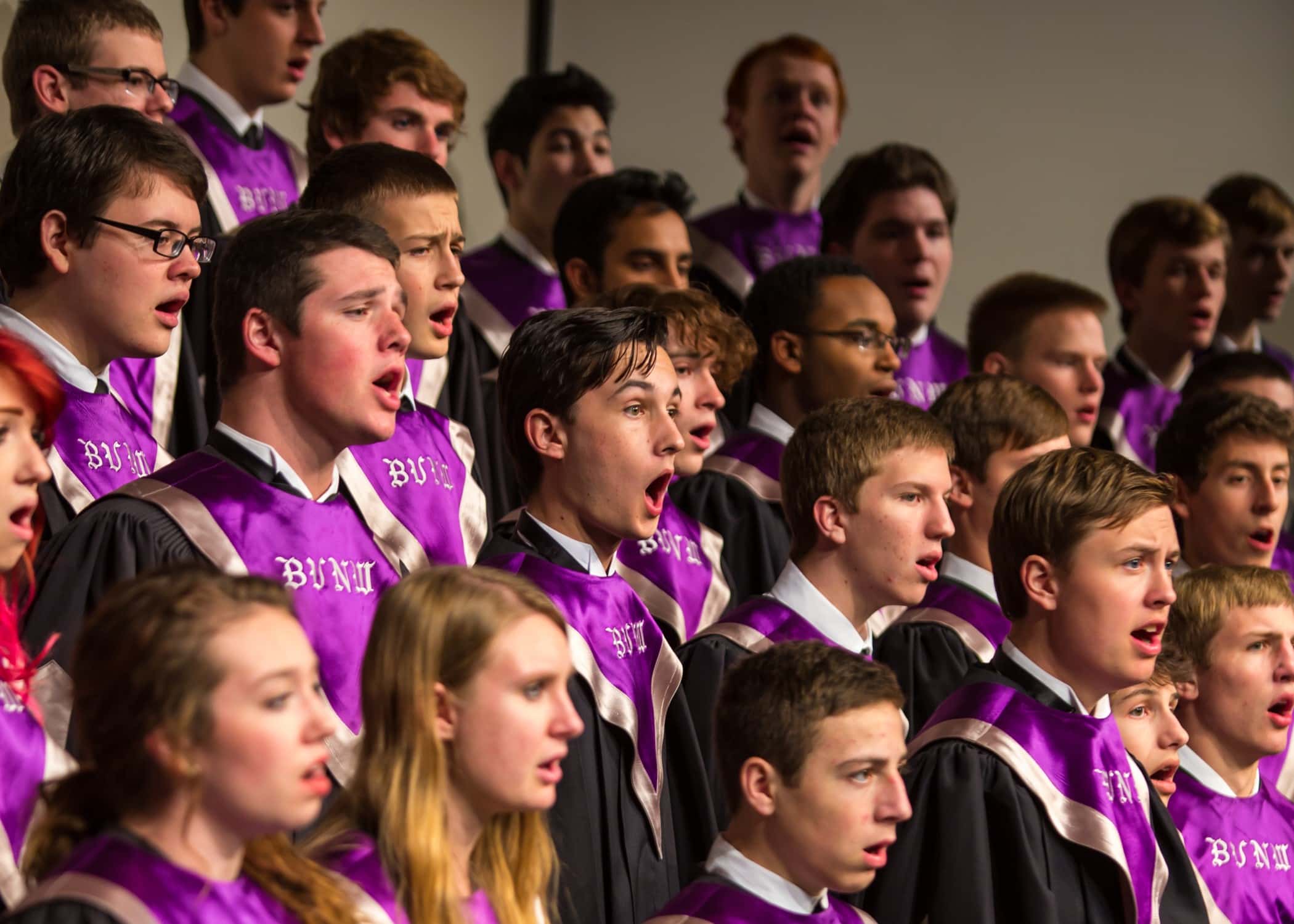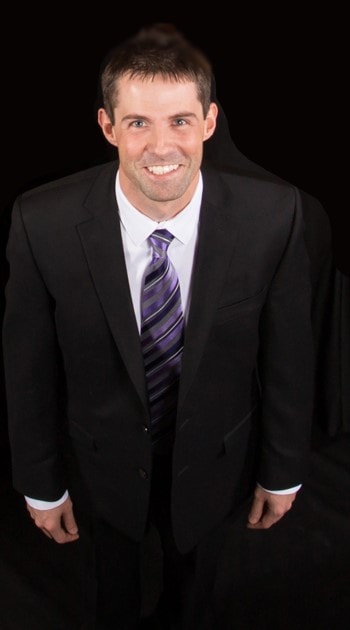/ News Posts / Being the “New Teacher”: Making a Smooth Transition
Making a Smooth Transition
How do you follow a successful and beloved high school choral director?
By Kevin Coker
This article was first published in the August 2015 Teaching Music in its Discoveries section.
Copyright © 2015 by the National Association for Music Education.
We’ve all heard comments like “The first year is always the toughest,” “Four years from now, they’ll be all yours,” and “Things will get easier once you graduate this first class of seniors.” It’s rare, however, that teachers get help in easing the transition from one choral director to the next. Here’s a little perspective for a director in transition.
Following a beloved high school choral director is challenging. Because we work with the same students for four years, we create bonds and make lasting impressions on our students. Some high school choral singers develop a great attachment to their directors, making the transition more difficult.
Making changes in students’ daily routines can also create challenges. Students become accustomed to their director’s particular warm-ups, sight-singing methods, and rehearsal techniques. Take this into consideration when approaching your new ensemble. With dedication and positive perseverance, rehearsal habits and routines can be altered to fit a new director’s style, but some apprehension or resistance may occur.
First, remember that there is no competition between past and present.
It can be challenging to put personal desires aside, but ease into any new leadership position. The objective is not to compete with the former director, but rather to provide high-quality music instruction while creating a seamless transition.
Second, the new director should learn as much as possible about the existing choral program.
I found it valuable to confer with the administration and to meet with the outgoing teacher. The administration set up opportunities for me to meet with student leaders and to speak with the students currently enrolled in the choir.
The meeting with the student leaders allowed me to listen to their desires and also to express my own vision for our program. The conversation was a positive one: I learned what is most important to the students. We talked about existing traditions and how to make them more effective learning experiences. Following the session with the student leaders, I was able to speak with each choir as a group.
These meetings created excitement around the program, allowed students to dialogue with the new director, and offered me the opportunity to begin relationships with student leaders. It was extremely important to encourage students to continue with choir the following year, as they sometimes use a change of leadership as an excuse to drop out. With the combined support of the administration, outgoing teacher, and student leaders, we were able to sustain enrollment for the following year.
Third, remember that selecting literature you love can have a major impact on your teaching style and the students respond to you.
With consistent enrollment, I was able to program the same type of high-quality literature the previous director had made the keystone of the curriculum. While it’s important to find aspects, you love about each piece of music you program, the music selected for their first concert can play a significant role in students’ initial impression of their new teacher. These literature selections should stay fairly consistent with the previous director’s programming. Additionally, consider selecting a piece or two for each ensemble that opens their ears to something new. This can be an especially useful approach if you appreciate works from a particular historical era or a music genre that was not frequently performed under the previous director.
Finally, make sure you’re prepared for the first day of school.
This can mean a variety of things, including being well-organized and well-rested. Have students’ music filed in alphabetical order in their folders, a note card with name in assigned seats, and a piece that will allow for quick success as an ensemble. Conversations about the handbook, calendar, performance attire, and classroom supply needs are important, but those discussions can take place later in the first week or two. I use the first day to remind us all why we are all in the same room: We love choral singing. Let other classes discuss the syllabus: We choose music.
“The best way to encourage success is to reignite our common passion.”
This last aspect is paramount: The best way to encourage success is to reignite our common passion. What are the reasons we chose this profession? Why did the students choose our class? Why do we come together several times a week? Music is our commonality, and we share the process of making it. If I show my passion for my students’ learning, the tradition of their choral program, and the tremendous literature in front of us, I have done everything in my power to set us up for success. Peaks and valleys are inevitable, but preparation and passion, paired with perseverance, will help us achieve the smoothest transition possible.
About the author:
Kevin Coker is director of choirs at Blue Valley Northwest High School in Overland Park, Kansas. He can be contacted at KLCoker@bluevalleyk12.org.
Did this blog spur new ideas for your music program? Share them on Amplify! Interested in reprinting this article? Please review the reprint guidelines.
The National Association for Music Education (NAfME) provides a number of forums for the sharing of information and opinion, including blogs and postings on our website, articles and columns in our magazines and journals, and postings to our Amplify member portal. Unless specifically noted, the views expressed in these media do not necessarily represent the policy or views of the Association, its officers, or its employees.
Published Date
September 3, 2019
Category
- Careers
- Classroom Management
- Music Education Profession
- Teacher Self Care
Copyright
September 3, 2019. © National Association for Music Education (NAfME.org)








